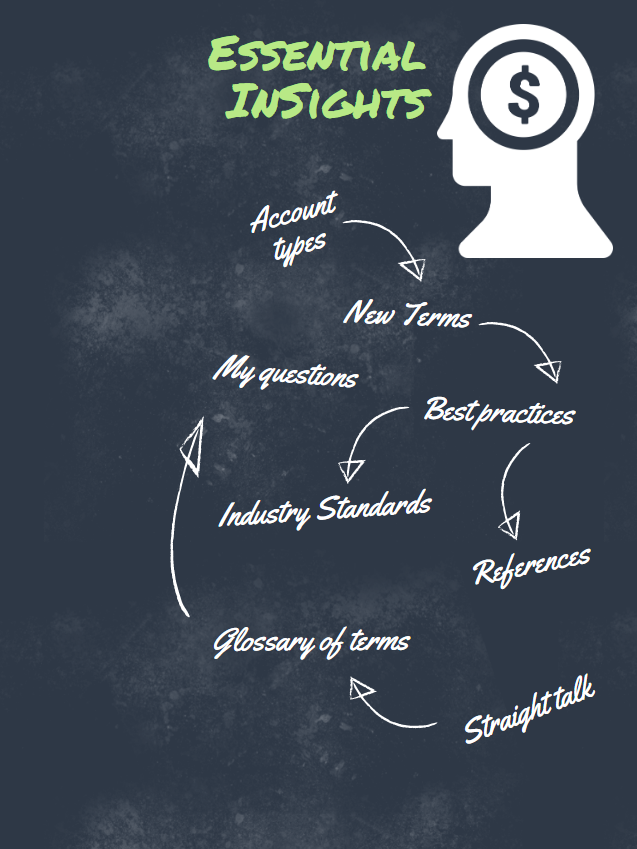This is the belief that you own a “winner” and you will keep that winner for reasons that aren’t justified by the return. Owning companies is fun, and investors like to celebrate their victory over the market by stashing great stock picks in their “stock pickers trophy case.” This bias towards the stock you already own keeps you from objectively valuing the company based on its current valuation. And allows the historical performance, and a kinship towards a stock, causes you to underweight the risk of the position. Including an emotional or symbolic significance in the rational for owning a financial asset is always an uncompensated risk.
The endowment effect causes investors to overlook changes in the market, risk, and broader changes to a company’s costs and shifts in its market share. It’s rooted in the belief the investor is special because of their selection of the stock. Creating this intrinsic value between the investors and the stock, that is no longer justified by the return.
The value of “ownership” doesn’t translate between buyers and sellers. People will value something that they already own more than the exact same item from someone else. One of these psychological examples is demonstrated by this exercise:
Divide a group of people into three. Give one group of people a simple, coffee mug. Have them assign a price they are willing to part with it. The second group is required to buy it, have them assess a price they are willing to pay. Have the third group determine the market, and pick their own valuation. In the aggregate the owners will “endow” the mug with too much value, compared to the group that picks the market price. Both the group that sets the market price, and the group forced to buy the mug will be much closer in their valuation, then the group that currently owns the mug.
It is hard to part with your own successes. The bottom line is that attachment to the personal history we have with these investments contaminates the valuation process. At their best this contamination causes a portfolio to become sluggish, overly risky, or inappropriate. At their worst they see a contraction to lower price points and contraction to the investors net worth over time.

